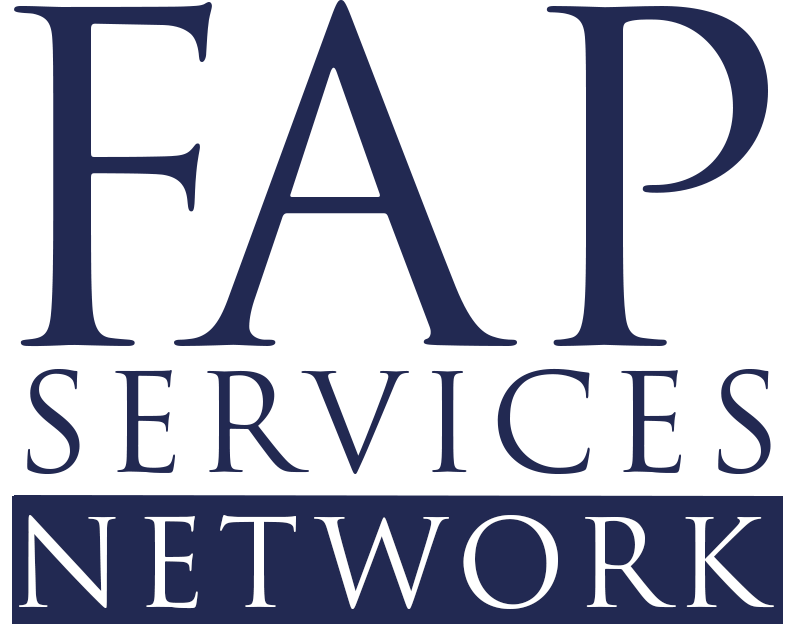What is the difference between a financial adviser professional and an amateur?
This is a article that was written by Cecilia Farrow and shared as part of on our #knowledgeshare series on LinkedIn.
Today we highlight the difference between a professional and an amateur to reinforce the importance and benefits of why financial advisers should invest in themselves and their professional development.
Code Standard 9 of the Code of Professional Conduct for Financial Advice Services: (Keep Competence, Knowledge and Skill up-to-date) is principle based. This means it is up to each adviser and/or their manager to make the judgement on what training and development is required for them to fulfil their requirement for continuing professional development.
We can imagine there will be some advisers who find the idea of being required to plan out their professional development as bothersome and a bit of a waste of time. With years of experience under their belt they might be feeling inclined to do just enough to comply to ‘check’ this standard off.
Working in a service which is a profession doesn’t make a person a professional. A true professional embraces and lives a set of attitudes and behaviours. Embodied in these is the drive to continually invest in their development so that they can be the very best they can be. They understand that it is through this approach that they will excel in their chosen field.
In John Wilson’s podcast which we shared on LinkedIn (“Becoming a World Class Leader”), he highlights that the best leaders keep getting better because they believe that their success comes about through an aggregation of incremental gains and the micro-management of their professional and personal growth.
To do this there must first be an internal belief that knowledge and skills can continually be developed. Carol S. Dweck calls this the Growth Mindset and she explains how this belief leads to a desire to learn, to embrace challenges, persist through setbacks in the understanding that effort is the path to mastery.
She contrasts this to a Fixed Mindset which can result in a person plateauing early and achieving less than their full potential. An individual living with a fixed mindset may see investing effort into development as fruitless and will avoid challenges to grow.
In Steven Pressfield’s book, Turning Pro, he expresses the difference between an amateur and a professional as being their habits. Simply put Amateurs have amateur habits and Professionals have professional habits.
Terry Liberman has summarised three of the essential habits as:
- They know more – they know what they know and don’t yet know.
- They think more – rationally, intuitively, creatively and critically.
- They do more including experimenting and trying new things.
A person with a growth mindset and professional habits is going to approach Code Standard 9 as an opportunity and if they haven’t previously formalised their learning and training plan will see this as a positive way of getting the most out of their investment personal and professional development.
Do you have any of the professional attributes below?
- You understand your circle of competence
- You realise that what happens in practise is what happens in practice
- You consistently seek out opportunities to learn and grow
- You are self-motivated and take initiative to overcome challenges
- You take ownership of your professional growth and are account for your actions
If you enjoyed this article, make sure to follow FAP Services Network on LinkedIn and connect with Cecilia Farrow to have a conversation about our network.


